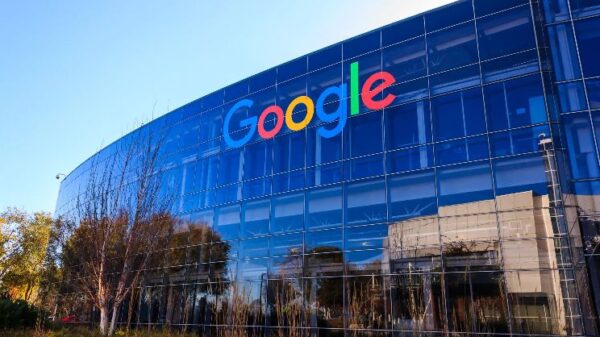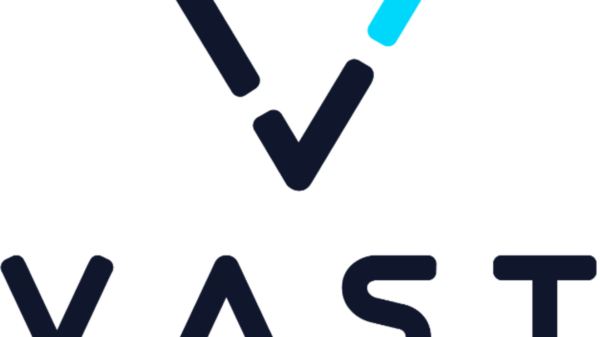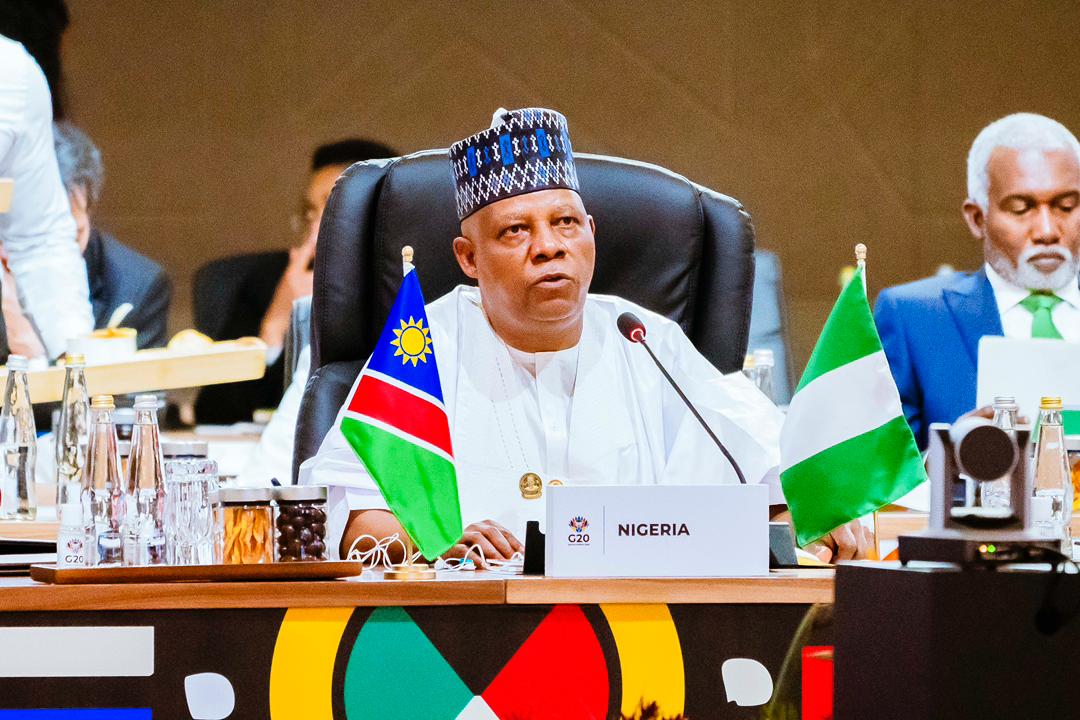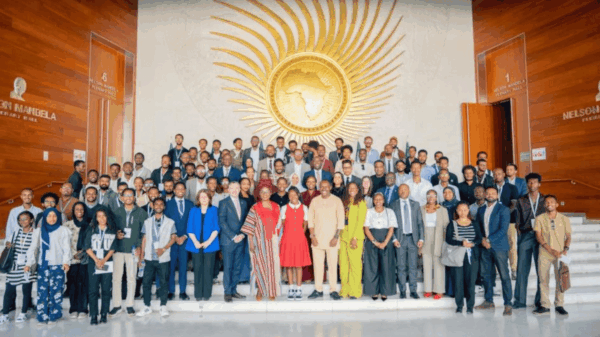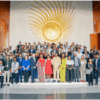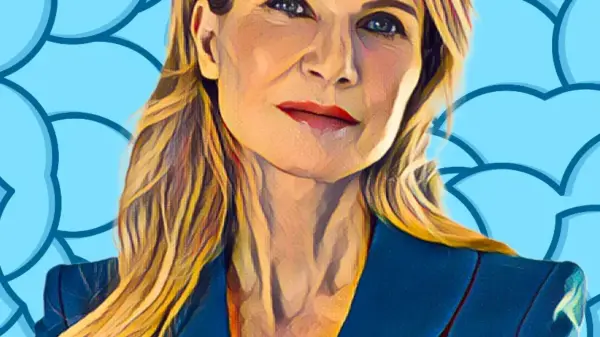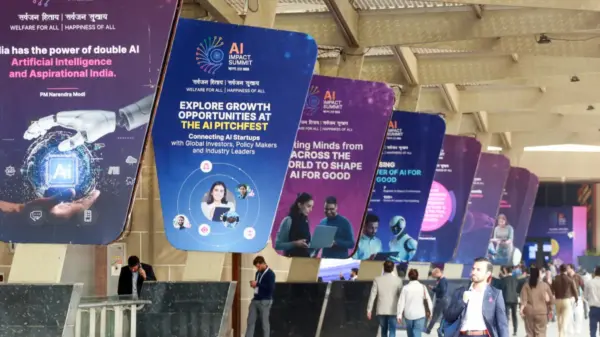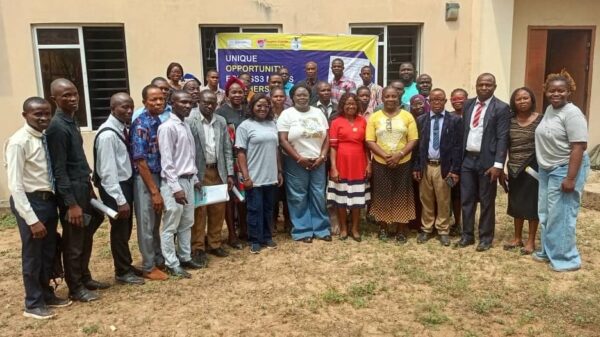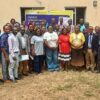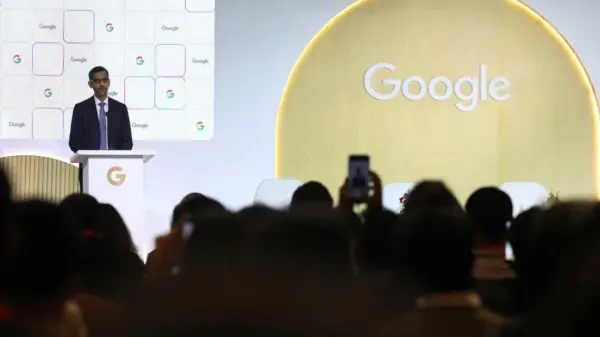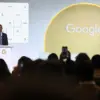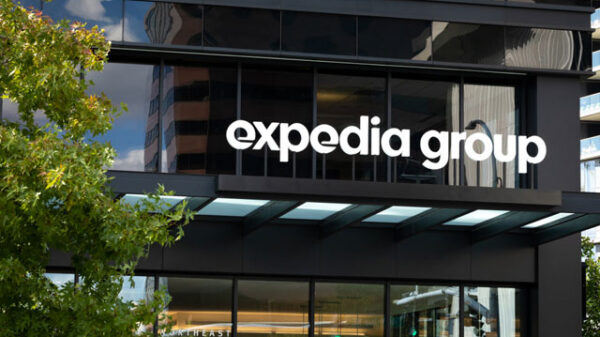President Bola Ahmed Tinubu has advocated for a global framework that ensures communities hosting critical minerals in Nigeria and across Africa gain substantial benefits, particularly through value addition at the source. This call was made during the Third Session of the 2025 Group of 20 (G20) Leaders’ Summit held at the Johannesburg Expo Centre in South Africa, which was themed “A Fair and Just Future for All: Critical Minerals, Decent Work, Artificial Intelligence.”
Represented by Vice President Kashim Shettima, Tinubu emphasized that critical minerals are much more than mere natural deposits; they symbolize a transformative opportunity for industrial development on the continent. He asserted that while the possession of these resources does not automatically equate to prosperity, it is vital that their extraction and trade are rooted in fairness, transparency, and accountability.
Advocating for Ethical Standards in AI
Alongside his focus on critical minerals, President Tinubu also expressed Nigeria’s commitment to establishing global ethical standards for Artificial Intelligence (AI). He highlighted the need for AI to serve humanity positively and not reshape society at the expense of its most vulnerable members. “Nigeria supports the creation of global ethical standards for AI that uphold safety, transparency, and equity,” he stated, underscoring the potential of AI to empower rather than displace workers.
“Decent work is the anchor that makes these transitions fair, inclusive, and sustainable,” he added, suggesting that it is essential for creating an environment where everyone has the opportunity to thrive. This connects to Nigeria’s ongoing initiatives under the Renewed Hope Agenda, which aims to equip young Nigerians with digital literacy, vocational training, and entrepreneurship skills.
A Call for Global Collaboration
Tinubu urged the leaders of the G20 to deepen collaboration on technology transfer, capacity building, and investments that prioritize human dignity. He stated that to harness AI’s job creation potential, partnerships must be formed across various sectors and nations. This collaborative effort is crucial in addressing systemic bias and ensuring equitable sharing of AI benefits.
“The G20 must therefore address systemic bias and foster sustained multilateral dialogue to ensure that the benefits of AI are shared equitably and its risks responsibly managed,” he said. His vision extends beyond technology; he believes that critical minerals, decent work, and AI must be viewed through the lens of shared responsibility and global stewardship, creating an economy that uplifts rather than excludes.
Furthermore, President Tinubu called for a more equitable global financial system to manage international financial flows. He expressed that existing frameworks do not adequately reflect the complexities of today’s world, emphasizing the need for reforms that genuinely meet the needs of developing nations. “For trade to be truly inclusive, the G20 must take bold and deliberate steps towards reforming the international financial architecture and global institutions,” he asserted.
Ultimately, Tinubu envisions a future where Africa is not merely a supplier of raw materials but a continent known for value creation, innovation, and dignity in work. He acknowledged that achieving this vision requires collective resolve from the G20, as well as addressing the ongoing challenges related to sustainable financing and rising debt burdens that hinder economic growth.
His remarks resonate with the broader themes of the summit, which revolved around inclusive and sustainable economic growth, trade, and financing for development. By focusing on these critical areas, President Tinubu hopes to foster a landscape where developing nations can effectively navigate the complexities of modern economic realities.
See also Policymakers Unveil Three Divergent Approaches to Regulating AI for Mental Health
Policymakers Unveil Three Divergent Approaches to Regulating AI for Mental Health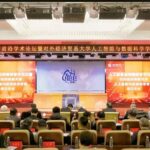 University of International Business and Economics Launches AI and Data Science School to Meet National Goals
University of International Business and Economics Launches AI and Data Science School to Meet National Goals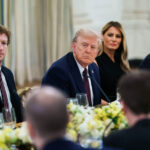 Brussels Eases AI Regulations Amid Trump’s Push for Tech Industry Support
Brussels Eases AI Regulations Amid Trump’s Push for Tech Industry Support Data Discipline Crisis: 63% of AI Leaders Cite Poor Data Quality as Top Barrier
Data Discipline Crisis: 63% of AI Leaders Cite Poor Data Quality as Top Barrier Scott Wiener Launches California’s SB 53 AI Regulation, Aiming for Federal Standards
Scott Wiener Launches California’s SB 53 AI Regulation, Aiming for Federal Standards




